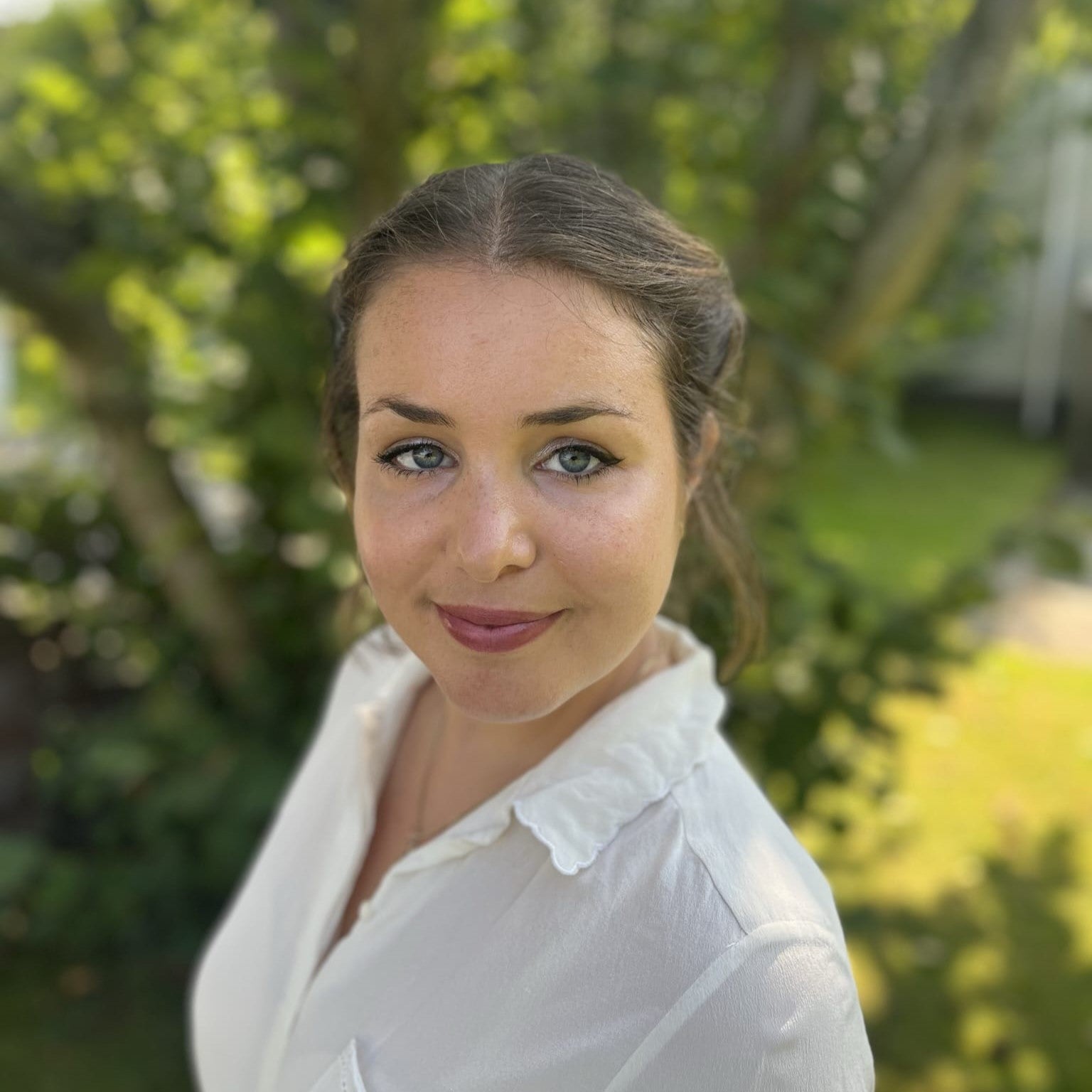This blog doesn’t focus on how to engage students — but on why it matters. The philosophy behind Students as Partners offers a compelling foundation: education is not a one-way street, but a shared responsibility.
The empty chair at the table: a common mistake
A well-known concept from change management theory comes from the Institute for Brilliant Failures: the “empty chair at the table.” It describes a situation in which a key stakeholder — often the target group — is missing from the design or implementation phase of a change. In education, this happens all the time. Students are asked for feedback only after a course ends. As a result, they don't feel ownership of the process and often don't understand the reasoning behind certain teaching methods or choices. Engagement remains low.
From passive consumer to co-owner
This leads to a fundamental question: do we want students to be passive recipients of knowledge, or co-owners of their learning process? In many educational settings, the former is still the norm: teachers design the course, and students follow it. But when students are involved from the beginning — in designing, shaping, and improving their education — they start to feel responsible. Their motivation increases, and they are more likely to contribute meaningfully to the learning environment.
The impact on students: ownership and motivation
Research shows that students who feel they have influence over their education are more committed, better understand the relevance of what they’re learning, and feel more connected to their programme and instructors. They are more likely to speak up, develop self-confidence, and take initiative. In doing so, they not only improve their own learning process but also enrich that of their peers.
The impact on teachers: depth and enjoyment
Teachers benefit just as much. When students are more engaged, classroom interaction improves — questions are sharper, and class time is used more effectively. Many educators also report that they grow professionally: they reflect more, communicate more clearly about their choices, and enjoy their teaching more.
Students as Partners as a foundation for better education
Involving students in their education isn’t a bonus — it’s a necessity for meaningful and lasting learning. Students as Partners calls for a cultural shift, but it pays off: motivated students, empowered teachers, and education that’s truly created together.

